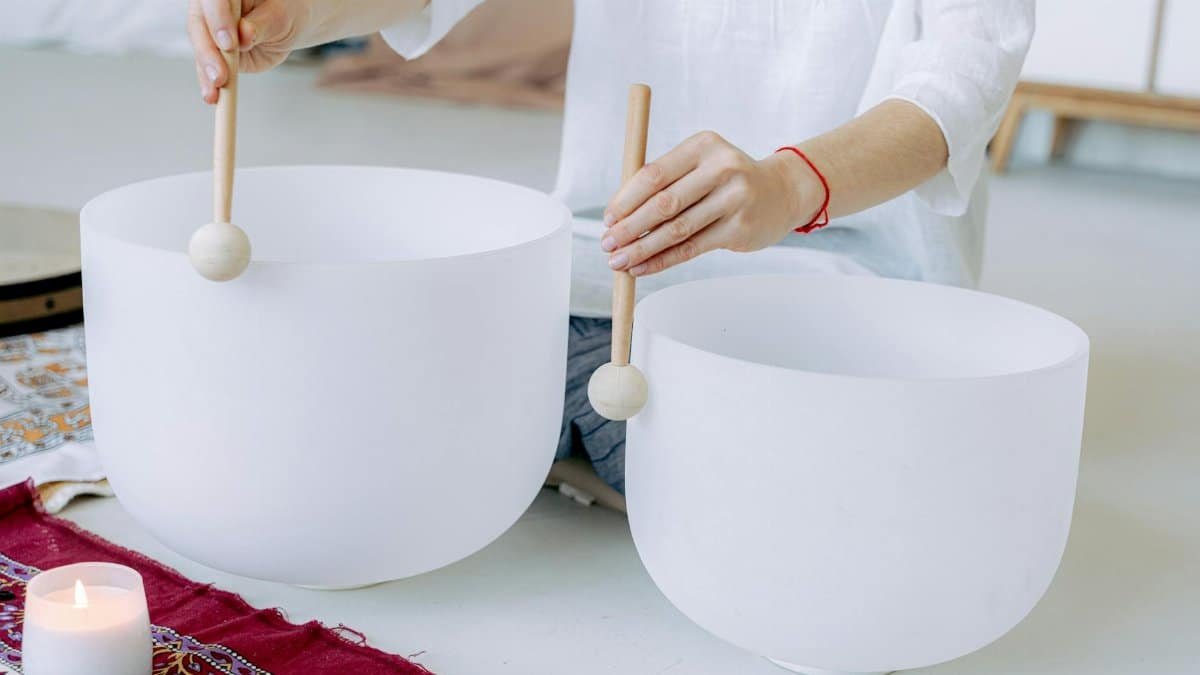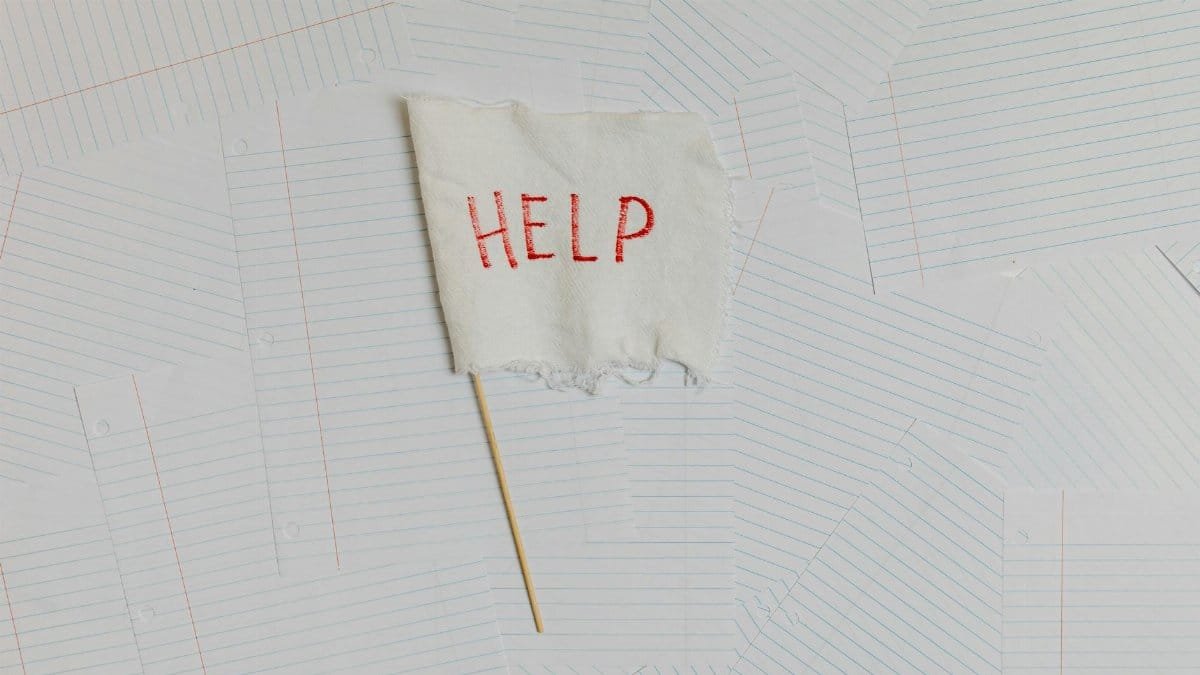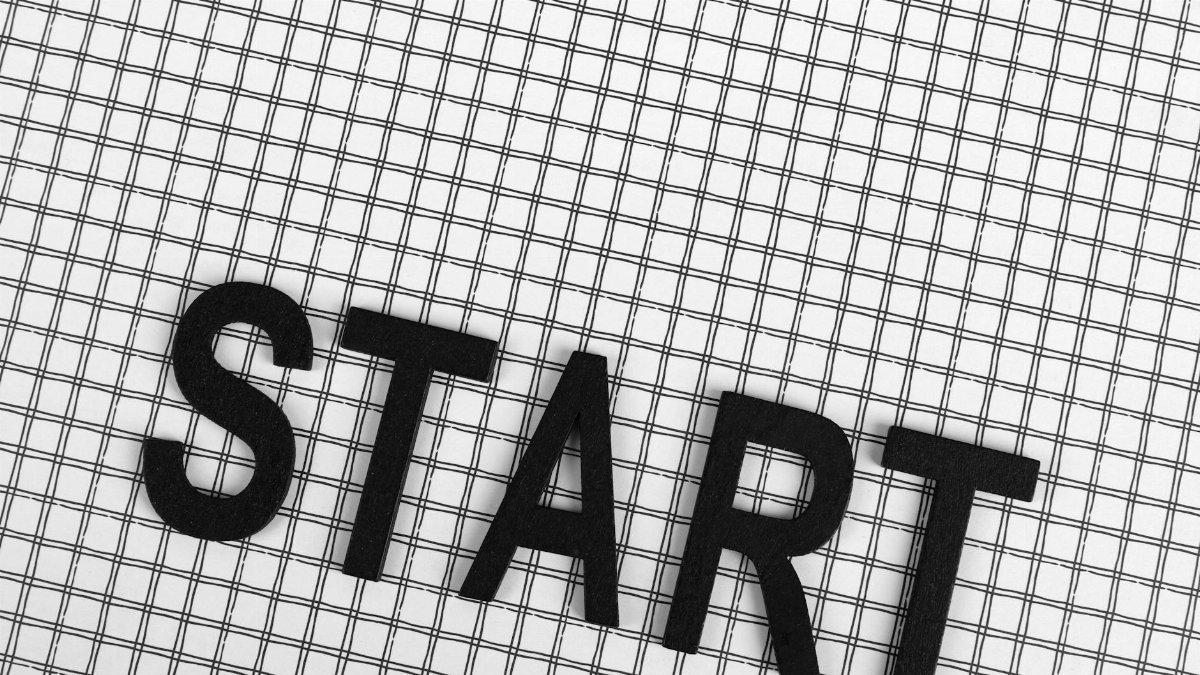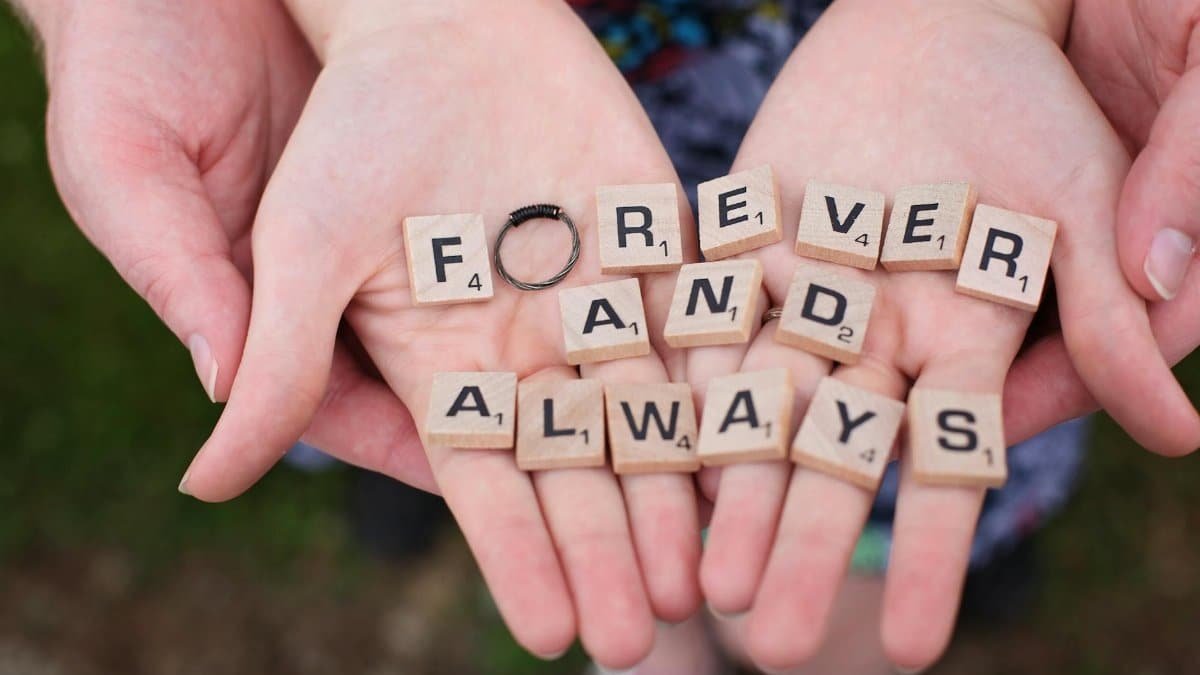Is mind-body healing the solution to finally feeling at peace with yourself? If you’ve ever felt like you’re “too much”—too emotional, too intense, too anything—you’re not alone. Many Americans are turning to mind-body healing to address these deep-seated struggles. This approach, which connects mental and physical wellness, is gaining traction as a way to tackle stress, trauma, and self-doubt. It’s not just a trend; it’s a practical tool that could help you understand and manage overwhelming feelings.
What Is Mind-Body Healing?

At its core, mind-body healing is a practice that integrates mental and physical health to promote overall well-being. It’s based on the idea that your thoughts, emotions, and body are interconnected—stress in your mind can manifest as tension in your muscles, for instance. Techniques like meditation, yoga, and breathwork are often used to bridge this gap. Research from institutions like Harvard Medical School supports its benefits for reducing anxiety and improving mood. Learn more at Harvard Health.
Why You Might Feel “Too Much”

Feeling like you’re “too much” often stems from unprocessed emotions or societal pressures. You might internalize messages that your feelings are a burden or that you need to tone yourself down. Mind-body healing offers a way to confront these beliefs by helping you tune into your body’s signals. Physical sensations—like a racing heart or tight chest—can reveal emotional stress you’ve been ignoring. Recognizing this connection is the first step to feeling more balanced.
How It Helps With Overwhelm

When emotions feel overpowering, mind-body healing provides tools to ground yourself. Practices like mindful breathing can slow your heart rate and calm your nervous system almost instantly. Studies from the National Center for Complementary and Integrative Health show that such techniques reduce stress hormones like cortisol. Check their findings at NCCIH. These methods don’t erase your feelings—they help you manage them without judgment.
Breaking the Cycle of Self-Criticism

Constantly feeling like you’re “too much” can fuel a harsh inner critic. Mind-body healing encourages self-compassion through practices like guided meditation, where you learn to observe thoughts without labeling them as good or bad. Over time, this can shift how you see yourself. Instead of fighting your intensity, you start to accept it as part of who you are, creating space for healing rather than shame.
Simple Ways to Start

You don’t need hours or fancy equipment to try mind-body healing. Begin with five minutes of deep breathing each day—inhale for four counts, exhale for six. Or try a short yoga flow to release physical tension. Apps and online resources can guide you, but the key is consistency. Small, intentional steps can help you reconnect with yourself and quiet the noise of feeling “too much.”
Real Impact, Real Results

The effects of mind-body healing aren’t just theoretical. People across the U.S. report feeling less overwhelmed after adopting these practices in 2025’s fast-paced world. Whether it’s through reducing physical symptoms of stress or easing mental burdens, this approach offers a tangible way to feel more at ease. It’s not about changing who you are—it’s about understanding and supporting yourself better.
